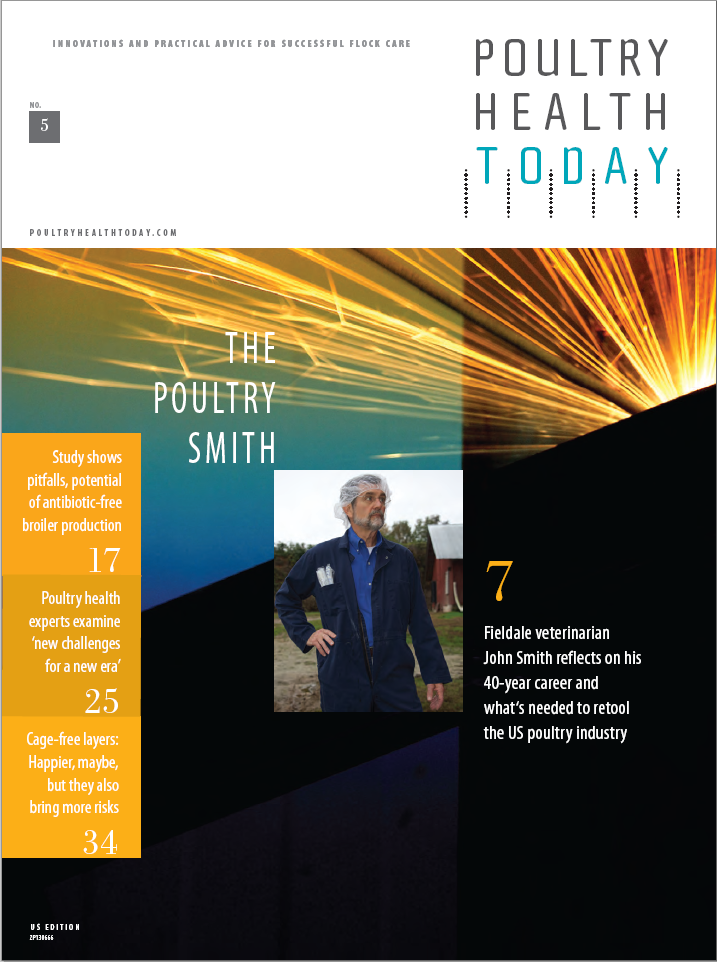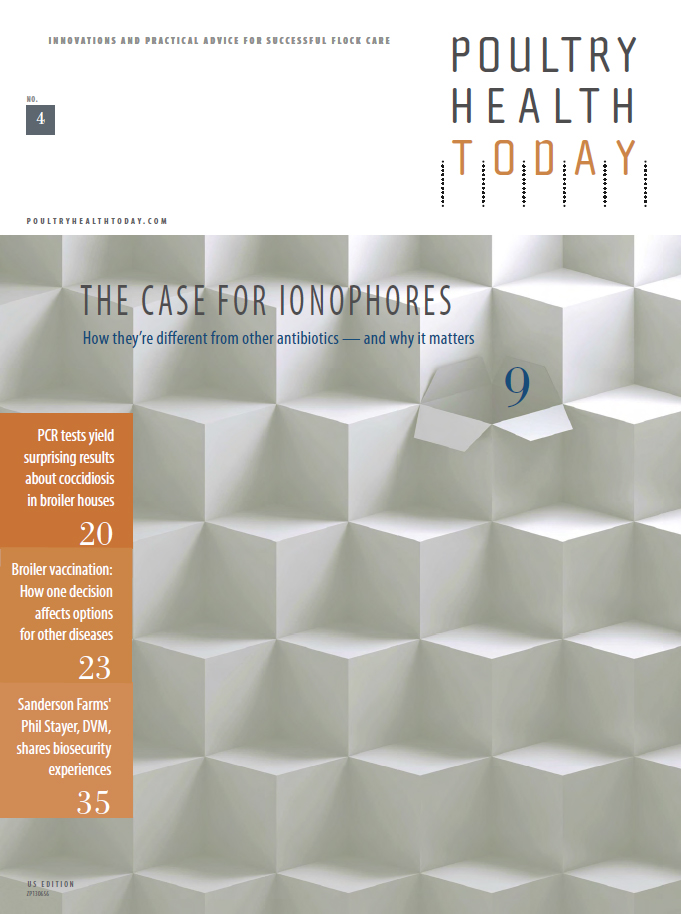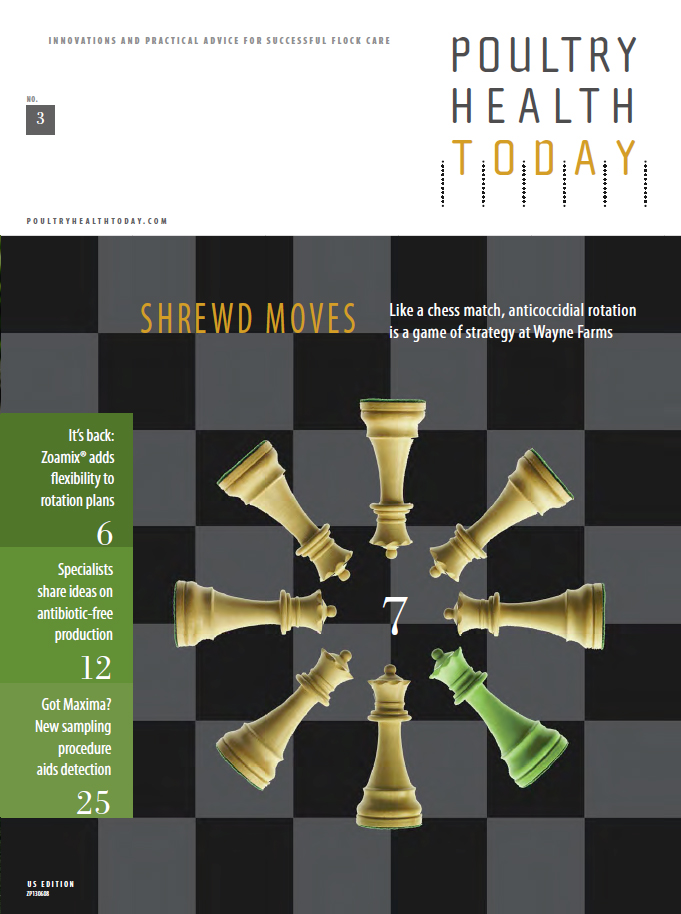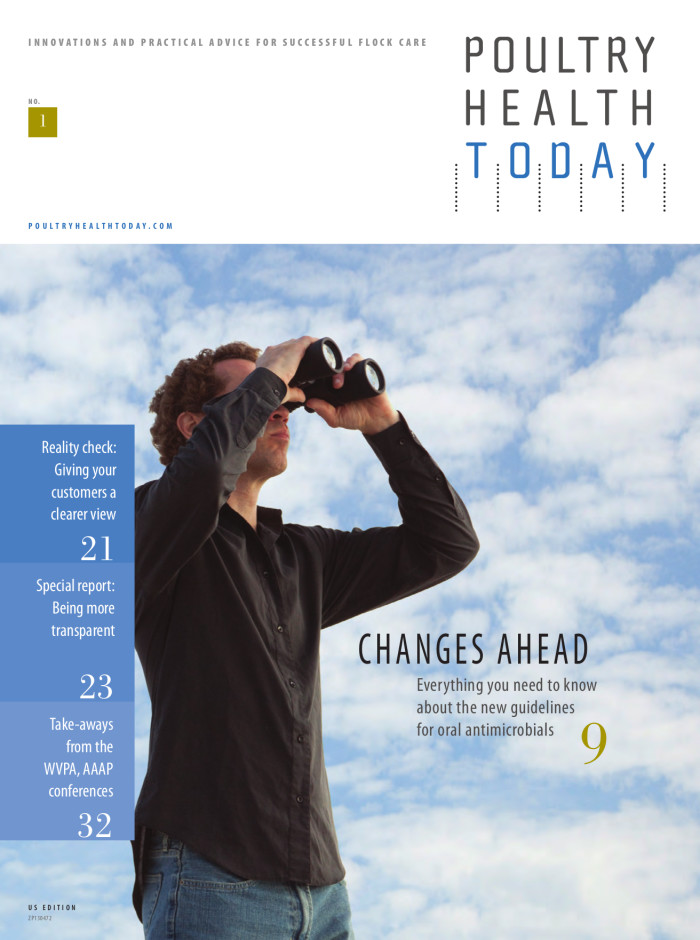

The Animal Doctor’s Dilemma

When you become a doctor of veterinary medicine, you take an oath to use your “scientific knowledge and skills for the protection of animal health and welfare, [and] the prevention and relief of animal suffering.” You also pledge to promote “the advancement of medical knowledge” and to uphold the “principles of veterinary medical ethics.”
These are high standards, with no room for compromise. Yet today, some poultry veterinarians are being asked to avoid using antibiotics that have been reviewed, approved and licensed for use in poultry and other species by the US Food and Drug Administration.
There’s nothing wrong with these antibiotics. In fact, most are used strictly in animal medicine and not considered medically important to humans by FDA. Furthermore, many come with strict withdrawal times to prevent antibiotic residues from entering the food chain.
Marketing, not medicine
Even so, some veterinarians are now having antibiotics pulled from their tool chests — not by regulatory agencies but by others in the food chain who think “no antibiotics ever” has a nice ring to it.
Is it right or even ethical to ask veterinarians to avoid using FDA-approved antibiotics solely for marketing reasons? I don’t think so.
In fact, the American Veterinary Medical Association’s Principles of Veterinary Medical Ethics clearly note, “The choice of treatments or animal care should not be influenced by considerations other than the needs of the patient, the welfare of the client, and the safety of the public.”
The same AVMA document goes on to say, “The medical judgments of veterinarians should not be influenced by contracts or agreements made by their associations or societies.”
Trusting veterinarians
I have clients who raise broilers without antibiotics, but their costs are higher and, more importantly, fewer chickens get marketed due to poor health and higher mortality. To me, both outcomes are needless because the industry has proved it knows how to use antibiotics safely and judiciously.
The bottom line is this: If you don’t need antibiotics to address a certain health issue, then by all means, don’t use them. Any veterinarian would agree with that. But to deliberately discourage the use of FDA-approved antibiotics solely for marketing purposes undermines the expertise and authority of the veterinary medical profession.
As noted before, veterinarians take an oath to “advance medical knowledge.” It’s therefore up to us to educate our non-veterinary colleagues and customers — not just about the importance of antibiotics but also the importance of keeping all medical decisions in our hands.
LLOYD KECK, DVM
Technical Services Veterinarian, Zoetis Inc.
[email protected]

More Issues












